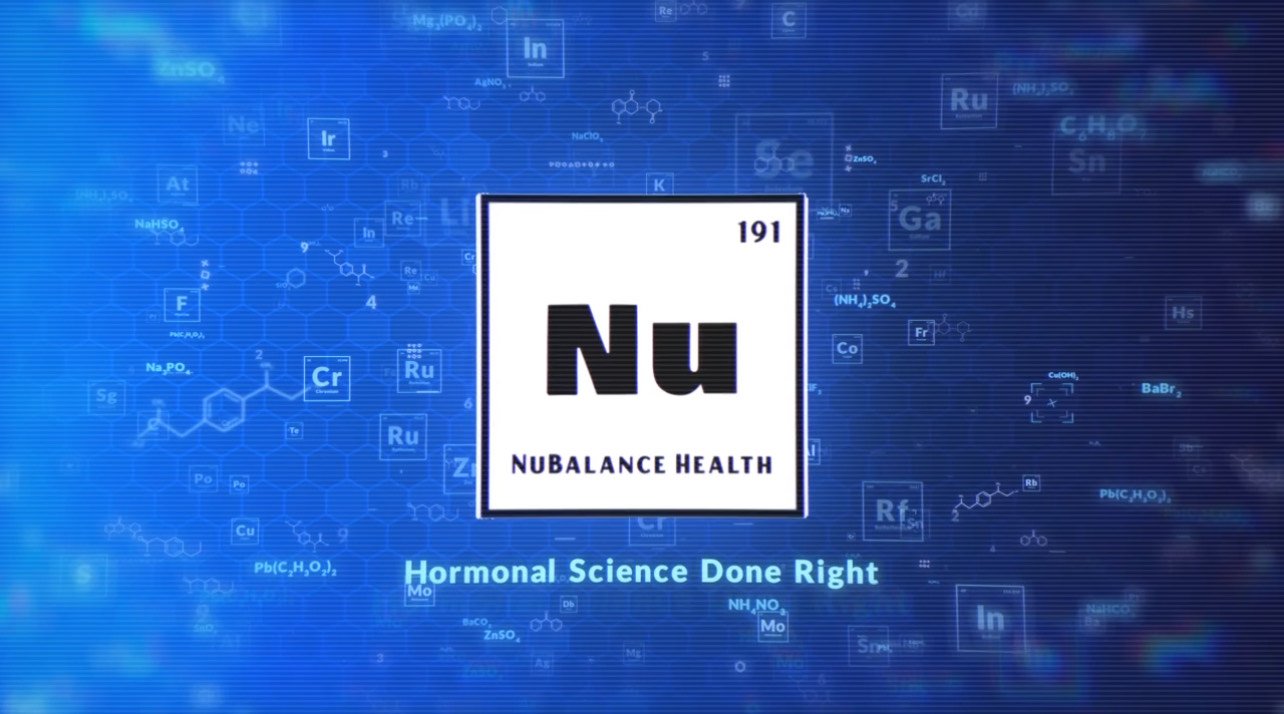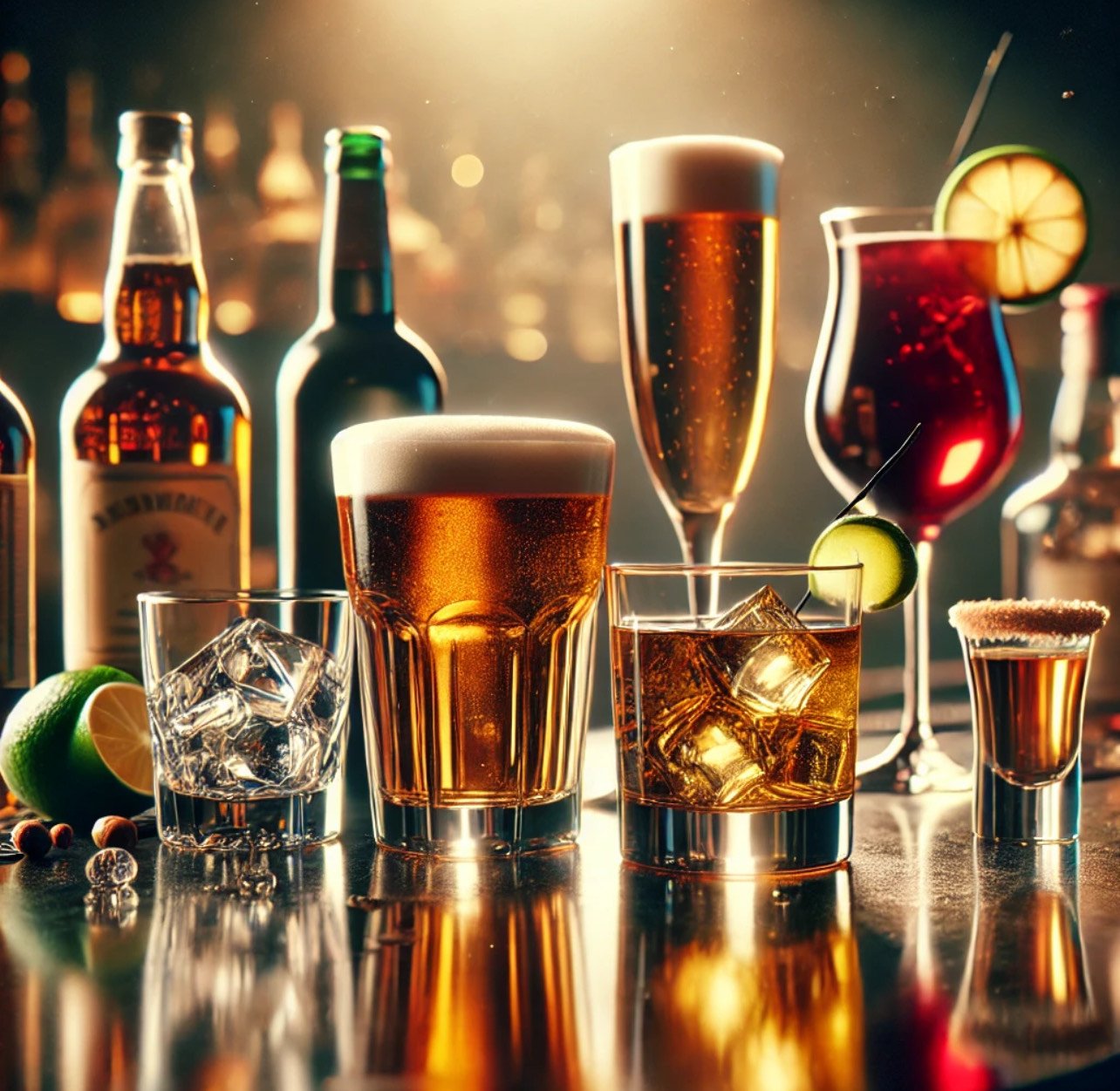Can Alcohol Impact Your Hormones and Sexual Health

Yes, alcohol consumption, especially in excessive amounts, can significantly affect testosterone levels and overall sexual health. Here’s how:
1. Lowers Testosterone Levels
Alcohol disrupts the endocrine system, impairing the production of testosterone, the key hormone for male sexual health. It does this by:
• Inhibiting LH and FSH production – These hormones from the pituitary gland signal the testes to produce testosterone. Alcohol suppresses their release, leading to lower testosterone.
• Damaging Leydig Cells – Chronic alcohol use harms the testicular cells responsible for testosterone production.
• Increasing Estrogen Levels – Alcohol promotes the conversion of testosterone into estrogen, further reducing its availability.
2. Reduces Libido (Sex Drive)
Since testosterone plays a crucial role in sex drive, its suppression due to alcohol can lead to:
• A decreased interest in sex
• Difficulty achieving arousal
• Reduced pleasure during intercourse
3. Causes Erectile Dysfunction (ED)
Alcohol is a central nervous system depressant, which can interfere with the brain-to-body communication needed for erections. It can lead to:
• Difficulty getting or maintaining an erection
• Weak or incomplete erections
• Long-term damage to the nerves and blood vessels that support erectile function
4. Impairs Sperm Quality and Fertility
Excessive drinking can negatively impact fertility by:
• Lowering sperm count and reducing motility (movement)
• Increasing sperm abnormalities, leading to reduced chances of conception
• Contributing to DNA damage in sperm, potentially affecting offspring health
5. Increases Cortisol and Fat Storage
Alcohol raises cortisol (the stress hormone), which not only reduces testosterone but also promotes fat gain—especially around the abdomen. Increased body fat further contributes to testosterone suppression, creating a cycle of hormonal imbalance.
Moderation is Key
While moderate alcohol consumption (1-2 drinks occasionally) may not cause major issues, frequent binge drinking or chronic use significantly impacts testosterone and sexual performance.
How to Mitigate Alcohol’s Effects on Sexual Health
• Limit alcohol intake to avoid chronic suppression of testosterone.
• Stay hydrated to support metabolic processes.
• Eat a testosterone-boosting diet with healthy fats, proteins, and micronutrients like zinc and magnesium.
• Exercise regularly, especially strength training, to naturally enhance testosterone levels.
• Get quality sleep, as testosterone production peaks during deep sleep.
Final Thoughts
Alcohol’s impact on testosterone and sexual health is dose-dependent. Occasional, moderate drinking may not cause long-term harm, but frequent or heavy alcohol use can lead to lasting hormonal imbalances, reduced libido, and erectile dysfunction. If you’re experiencing these issues, reducing alcohol consumption and adopting a healthier lifestyle can help restore balance.


